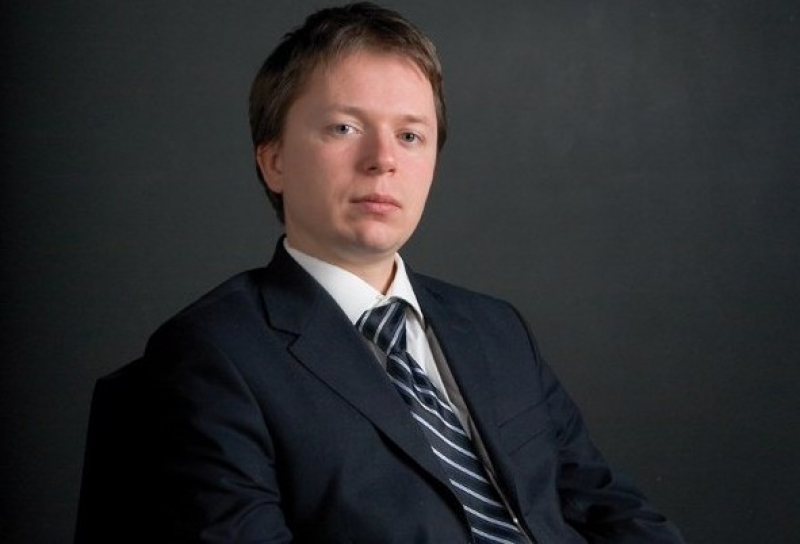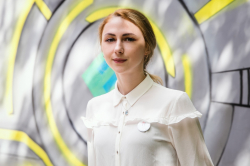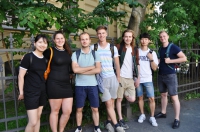One career after another
Rodion, when did you decide to get a Master’s degree?
When I took part in Island 10-21, I joined the intensive course in quantum physics, which was run by the ITMO University professor Alexey Dukhanov. It was he who invited me to enroll in a Master’s program here.
Besides your studies, what else do you do right now?
I run a law firm and a tech startup at Skolkovo, as well as own patents to AI-related inventions. Our startup team is working on a project centered on autonomous defect identification in metal items, such as rails, with the help of neural networks.
Why did you decide not to limit yourself to the world of law?
I know everything about that field. I’ve worked as a lawyer in court, been a judge, written laws in the Federation Council, taught law – I’ve done everything there is to do, so it’s practically impossible for me to do anything new here. But discoveries are crucial. That challenge of having to make sense of something you don’t know well is what motivates you to grow and keep living. As long as you learn, you’re alive.
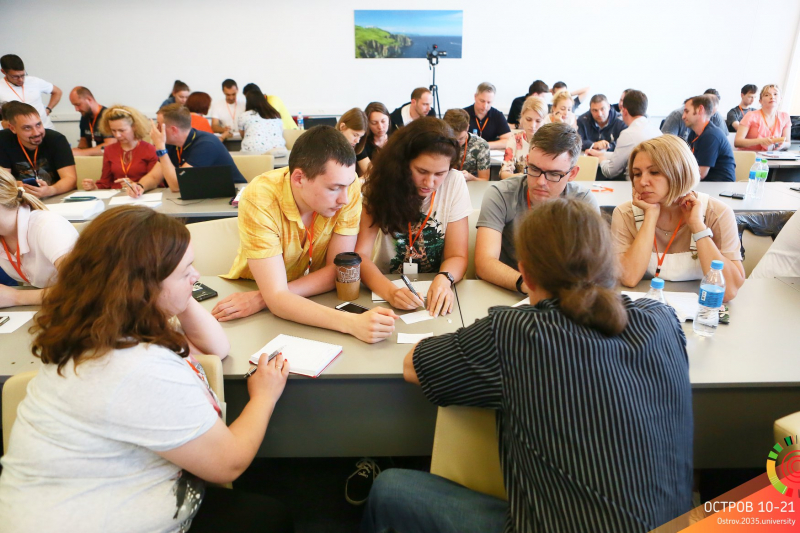
How did you make the jump from jurisprudence to quantum physics?
It was a gradual shift. First, I learned programming at the St. Petersburg Polytechnic University, then graduated from the Beeline Data School, took an intensive course at Island 10-21, and now I’m finishing my Master’s studies at ITMO. With good grades, to boot! I have a great source of motivation, and that is personal interest. At first, I simply felt an interest in AI and neural networks, and then I realized that this field offers plenty of room for me to implement my ideas. This gave me further motivation to learn. But truly, it was always just for fun – I can’t say I went into physics to put bread on my plate.
But why a Master’s degree and not just another course? After all, it’s classes and exams for a whole two years – why?
I’ve always been interested in getting a comprehensive, fundamental education. Courses and all sorts of other “stopgap” solutions have never been my thing. There’s a concept called the learning curve. It’s easy to make students believe that they’re making great strides quickly, but they’ll inevitably hit the intermediate plateau, which is when they start to feel like they actually know nothing. And you have to avoid that state by continuing to study. You can’t learn everything, and therefore truly understand a subject, in just two months. Besides, I see getting a Master’s as a personal challenge. After all, a legal education is of no use when you’re learning mathematics.
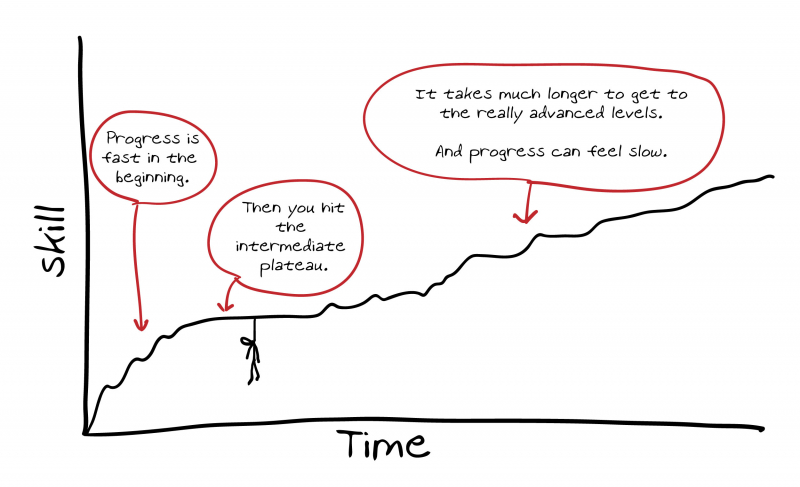
“I learned Spanish just to take a course I liked”
You’ve gone to Mexico on a semester exchange program, is that right?
Indeed. I went to the Academic Mobility Support Office and applied for the mobility contest. I was honestly a bit surprised that I was chosen, as students are rarely allowed to leave during their final semester. I was offered the choice of Taiwan, Jordan, Finland, and Mexico, as semesters in most European universities end in July or August, and I have to be back in Russia by May 15. I wrote to the universities in Taiwan, Jordan, and Mexico. The former two didn’t reply, but Universidad de Monterrey sent me an invitation right away.
What challenges did you face before and during your stay in Mexico?
First, there was a mix-up with my surname. It wasn’t spelled correctly in paperwork, so I couldn’t get a visa. Luckily enough, the local law allowed me to stay in the country for six months on a Schengen visa. Otherwise I never would have gotten there in time for my studies. Then, I had to take a crash course in Spanish to attend an elective. The professor came to our first class and started giving it in Spanish. Everyone in the group was sure that the course would be in English, so we just stared at him, dumbfounded. It turns out that nobody had told the professor that it had to be in English, and so it would continue in Spanish. Naturally, most of the students dropped the course, but I decided to stay and signed up for several Spanish classes. I’ve just had my fifth or sixth class in that course, and I can already understand about 70% of what the professor says.
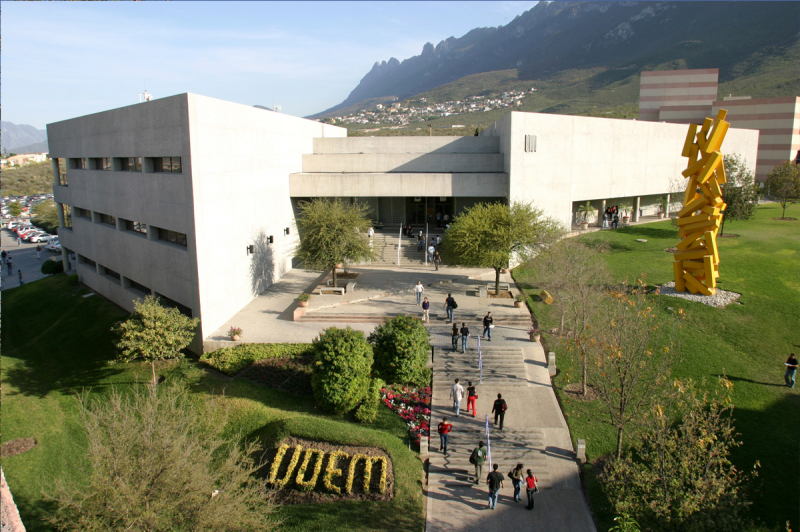
What differences have you noticed between Russian and Mexican universities?
First, I’ve learned how great it is to live on campus. I never needed a dorm in St. Petersburg, so I didn’t really know what that was like. But now I know how great it is when your university is a 5 minute-walk away, when you’ve got the library and the classrooms and the labs all next to each other. It helps you get into that academic spirit and immerse yourself in university life. Secondly, they give you lots of homework here. To prepare for the next lecture, you’ll sometimes need to read a hundred pages and write a ten-page summary. But it does help you feel involved: you don't just come to a lecture and have everything explained to you. You learn something in class, but then you have to learn things on your own.
But most notable is the collaboration between departments and faculties. I hope our universities will, too, strive towards letting students take courses at other departments if they find it interesting or useful for their career. There were also some useful, purely technical bits in terms of teaching, which I’ll definitely use when teaching my own students.
What sort of research do you do in Mexico?
Since my studies at ITMO are nearly over, and I’ve completed most of my subjects, I now have a wonderful opportunity to polish my own projects, including my graduation thesis. In it, I study the application of quantum methods in calculating the interdependence of behaviors among government contract bidders. Perhaps the system could be adopted by the Russian Antimonopoly Service.
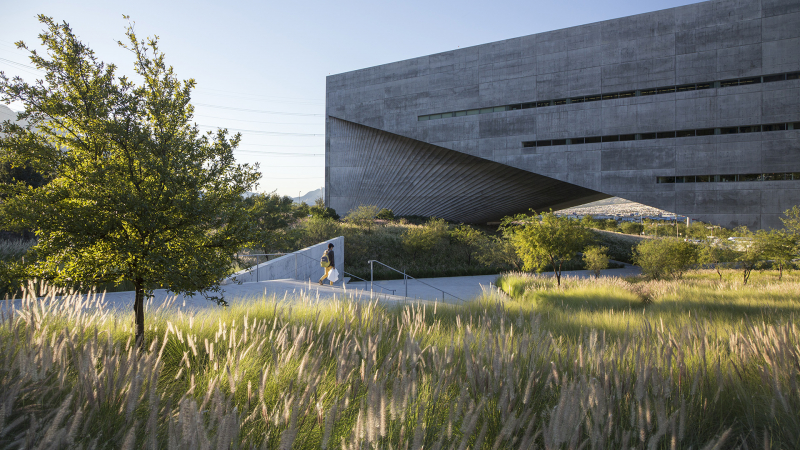
Now that you’ve come to university as an experienced professional, how has your attitude towards education changed?
My time as a Master’s student has taught me one important thing: you need to give access to higher education to as many motivated people as you can, no matter their age. I’m talking about those who come for knowledge, not a diploma. It completely changes the learning process and the mood of the group. For one, I am no longer afraid of being seen as a fool, so when I have a question for the lecturer, I’ll just ask it. Students are often reluctant or lazy about it, but once I get the discussion started, others will join in. Later, it will turn out that I wasn’t the only one confused, just that the others wouldn’t ask.
How do you combine work and education?
I’m used to living in multitasking mode. In that regard, the Master’s studies at ITMO are well-planned. We never have to be at University all day from 8 am till late at night, and many classes are in the evening or on Saturdays. Because of that, I can easily combine my classes and work remotely on my other projects.
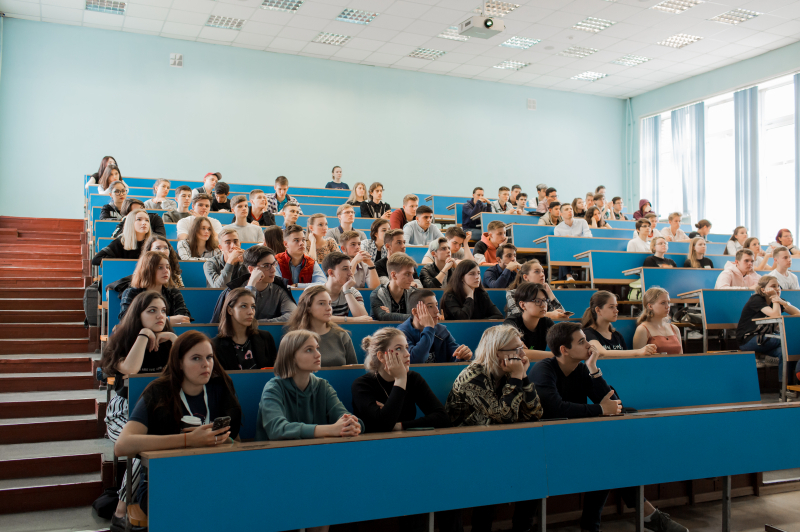
Do you plan to continue your education?
Yes, I’d like to get a PhD.
At ITMO?
Yes, absolutely. I’d like to explore issues of artificial intelligence, such as solving syllogisms, which AI can’t handle yet. I’d love to make some advancements in this field by using new methodologies.
Why ITMO University?
Firstly, because it is the strongest programming university in Russia. Secondly, because there’s a great idea that professor Aleksandr Alodzhants has come up with: to combine the techniques of quantum physics and artificial intelligence, and then to apply them to social and humanities research. There’s no other place that uses this approach, even though it’s highly fascinating. Finally, ITMO today is the biggest convergence point for those you can learn from. There’s people such as Igor Bessmertny or Anatoly Shalyto, whose lectures you should visit if only to be able to say: I’ve been to a lecture given by a true professor.
